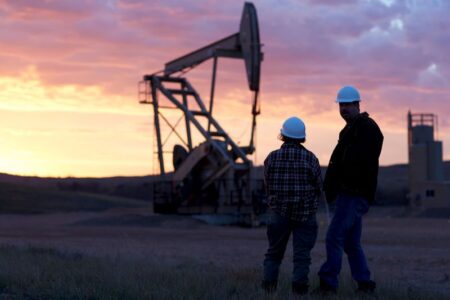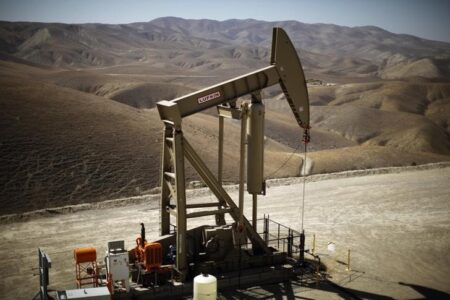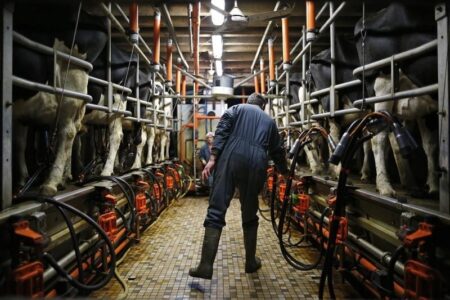By Emma Farge
GENEVA (Reuters) – Cooperation between the U.S. and China on methane is advancing, the deputy U.S. special envoy on climate change said on Tuesday, saying there was an opportunity for Beijing to slash emissions from its massive coal sector at little or no cost.
Rick Duke, the climate envoy, told Reuters the two countries, which are the world’s biggest greenhouse gas emitters, were working together to curb the potent gas as part of a working group formed last year with the broader aim of addressing the climate crisis.
“We are, indeed, in the process of propelling that work together,” he told Reuters on the sidelines of a methane forum in Geneva. “That is a tremendous opportunity, given the magnitude of the mitigation potential in both countries, but above all in China.”
Methane is the second-biggest cause of climate change after carbon dioxide and in the short term has a far higher warming effect. But its short lifespan in the world’s atmosphere compared with other greenhouse gases means that action on methane can produce quicker results.
Duke praised China’s work so far on setting methane targets.
“There’s nothing that compares in the speed of benefit to the climate, to cutting methane. And so having the world’s biggest emitter joining in that effort through the Paris (climate) agreement architecture is tremendously important,” he said.
Methane that seeps from coal mines, which Duke said amounted to 700 million tonnes of emissions a year in China, could be eliminated at a very low cost or even at a negative cost. “We are excited about the potential there,” he said.
China is the world’s largest source of methane from coal mines, with 28% of the world’s biggest methane emissions points, according to Kayrros, a firm that tracks emissions.
Beijing has sent a team to the U.N.-organised meeting in Geneva, which is the biggest ever meeting on the topic and aims to help countries fulfill their methane pledges. Liu Wenge, vice president from the Ministry of Emergency Management, told the meeting that China was committed to strengthening methane emission control in key sectors and cooperating with all countries.
Efforts to monitor methane are advancing with an increasing number of satellites boosting monitoring from space, including through a new U.N. observatory.
Duke said that soon such efforts were key to identifying so-called “super emitters” from the oil and gas firms, calling these: “low hanging fruit that we definitely want to harvest”. “It’s very timely and important….(We and partners) are making sure that its data for methane action, not just sort of data,” he said.
Read the full article here












